- In addition to energy cooperation, areas covered include hydrogen energy, housing construction and aerospace
- During the China-Saudi Arabia summit, the two countries highlighted the synergy between China's Belt and Road Initiative and Saudi Arabia's 2030 development vision
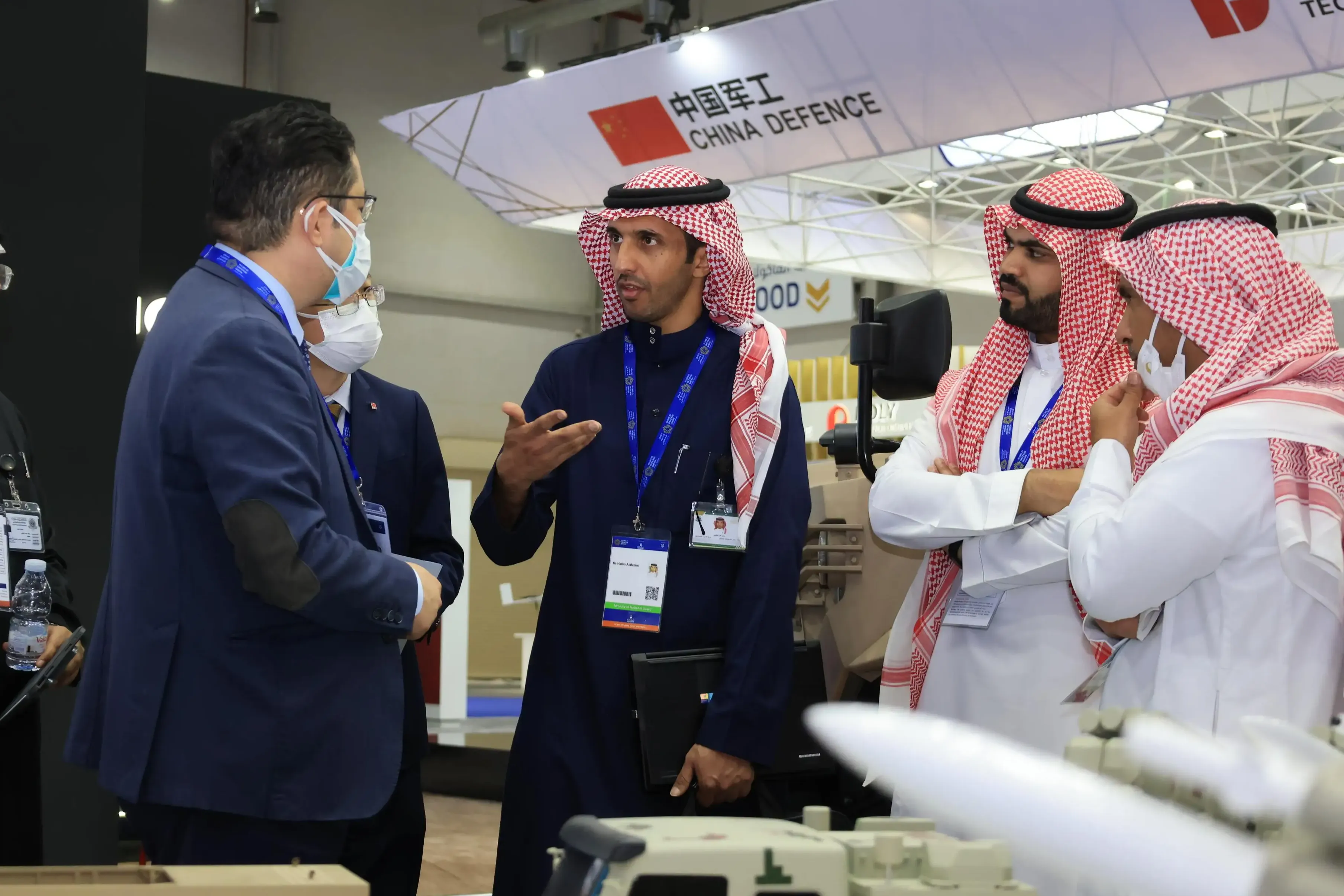
China is willing to strengthen strategic relations with Saudi Arabia, deepen practical cooperation and finalize a "road map" for developing comprehensive strategic partnership with Saudi Arabia.
China is integrating its strategy with Saudi Arabia
One direction of the partnership is to coordinate China's Belt and Road Initiative and Saudi Arabia's Vision 2030 initiative. During the visit, a plan was signed to coordinate the implementation of these projects. Saudi media said the joint action would add up to $1 trillion of actual content to the agreement.
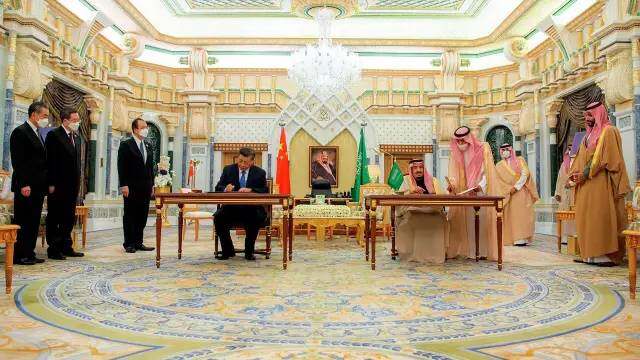
Professor Zhu Weilie, honorary director of the Middle East Studies Institute at Shanghai International Studies University, said in an interview that the Riyadh talks have brought bilateral relations to a new level.
"I think the demonstration is very significant," he said. Saudi Arabia has always been an important player in the Arab world and the Middle East, playing a leading role in regional development. Foreign Minister Wang Yi once said that China gives priority to Saudi Arabia in its overall diplomacy, especially in the Middle East region. Saudi Arabia counts China as its largest trading partner, and Saudi Arabia is a very stable source of energy supplies for China. During the China-Saudi Arabia Summit, the two countries highlighted the synergy between China's Belt and Road Initiative and Saudi Arabia's 2030 Development Vision, signing 34 investment agreements. In addition to energy cooperation, areas covered include hydrogen energy, housing construction and aerospace. The two sides will further deepen and broaden cooperation areas on the basis of energy cooperation. The Comprehensive Strategic Partnership Agreement, including the one between China and Saudi Arabia, was also signed in the new era and has raised bilateral relations to a new level, "he said.
China-saudi Arabia relations have reached a new level
Boris Dolgov, a senior researcher and doctor of history at the Center for Arab and Islamic Studies at the Institute of Oriental Studies of the Russian Academy of Sciences, said that the China-Saudi Arabia coordinated priority strategy has promoted the development of China-Arab relations on the whole.
"This is a very important step in the relationship between the two countries, but also in the globalized international relationship, the relationship between the Arab world and China," he said. Saudi Arabia is an iconic country in the Arab world and one of the leading countries in the development of economic and social programs in the Arab world. The Riyadh negotiations have enabled Saudi Arabia and the GCC member states to move towards large-scale cooperation with China. Perhaps the new relationship between the Arab world and China will lay a new foundation for the world economy. The agreement with China and the huge amount of money being invested in joint projects are major events that will have an impact on the Arab world's global prestige and reinforce its role as one of the power centers of a multipolar world."
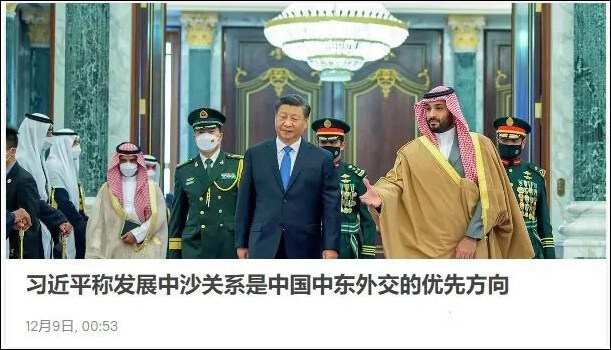
Expert Boris Dolgov sees the 34 agreements signed in Riyadh as a major diplomatic victory for China in the Arab-Muslim world and global politics.
"China has taken an important step in further expanding its economic influence, in expanding the world economy, because the Arab world is part of the global South and the Arab world has an important place in it. China has already signed a landmark 25-year deal with Iran. There is no doubt that the Belt and Road Initiative and the Vision 2030 strategic coordination agreement will greatly increase China's stature, weight and prestige in the Arab-Muslim world and globally, posing an economic challenge to the US. In recent times, Saudi Arabia was considered a strategic ally of the United States, but now we see the country tilting toward China. And to a large extent, changing the political and economic situation in the world."
The crown prince also said Saudi Arabia is willing to expand trade and mutual investment. He invited Chinese companies to participate extensively in the country's major infrastructure and energy projects.
The US will not be able to use oil to pressure China
Russian historian and orientalist Vladimir Akhmedov pointed out in an interview that the development of energy cooperation between China and Saudi Arabia will greatly limit the potential of the United States in the oil market.
"Both China and Saudi Arabia are willing to develop energy cooperation, which is changing the pattern of cooperation in the energy field and the world oil market," he said. China's economy needs energy, so it has been diversifying imports. Iran has taken advantage of this, and China has become a reliable partner for Iranian oil under sanctions. The United States has tried to put pressure on the Arab kingdoms, above all Saudi Arabia, on oil exploration and world oil market pricing policies, but it has not been effective. In this context, China and Saudi Arabia will develop cooperation in the field of energy. A deal between China and Saudi Arabia would help stabilise world markets and limit US influence. The United States can no longer return to its former position in the world oil market and is losing its influence. Both Beijing and Riyadh are poised to increase energy trade, reducing the likelihood of the US using oil as a factor to pressure China."
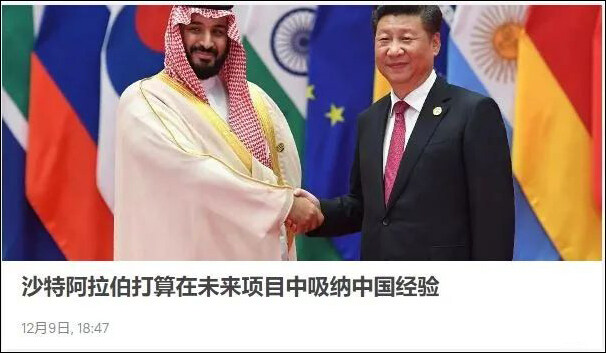
China-saudi Arabia cooperation is not in line with US strategy
Expert Boris Dolgov predicted that the United States would react negatively to the strengthening of ties between China and Saudi Arabia. "The China-Saudi Arabia agreement is not aimed at a third country, but expanding co-operation and strengthening China's role in the Arab world is not in line with the US global strategy," he said. In other words, anti-China and anti-Saudi actions will follow. Chinese companies could face sanctions and other economic restrictions, and the U.S. and Western countries would press China politically over issues such as human rights violations and repression of Muslims in Xinjiang. Perhaps, the Taiwan issue will also be stressed and military support to Taiwan will be increased. Involving anti-Saudi actions that could reduce or end arms supplies to Saudi Arabia, the United States is a major supplier of arms to Saudi Arabia. Perhaps economic sanctions will be imposed to reduce political and economic ties with Saudi Arabia. On the political front, the United States may resume its criticism of Saudi leaders over the death of a Saudi journalist in Turkey."
Judging from the outcome of the negotiations, industrial capacity, infrastructure construction and the China-Saudi Jizan industrial cluster will become the main platforms for development cooperation. China is also ready to enhance interaction in trade, investment and finance, and expand cooperation in e-commerce, digital economy, clean energy, high technology and space research and development. Editor/Xu Shengpeng
Comment
 Praise
Praise
 Collect
Collect
 Comment
Comment
 Search
Search




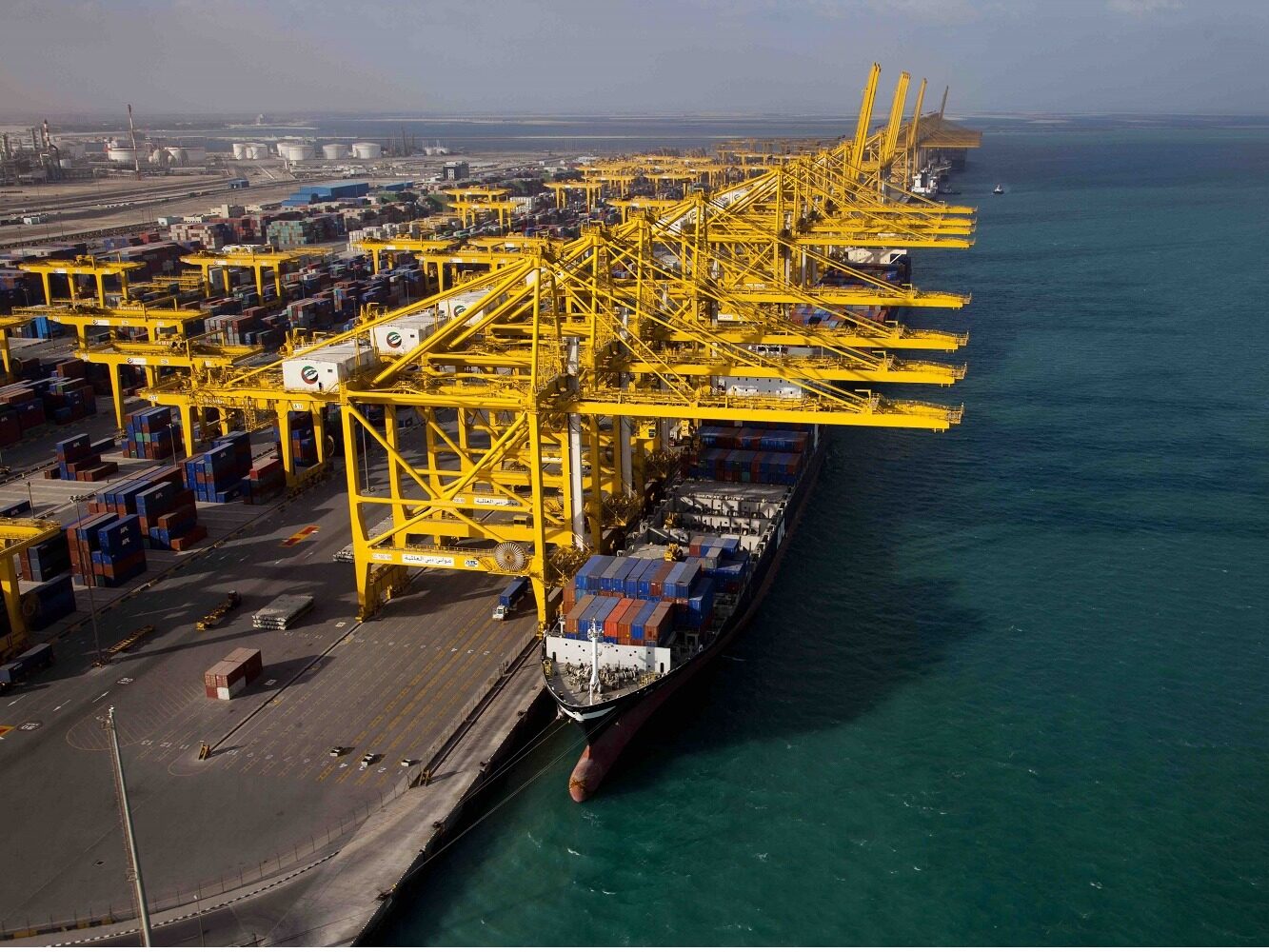









Write something~